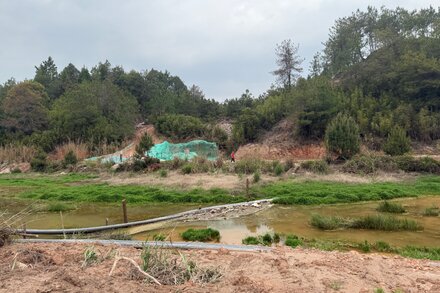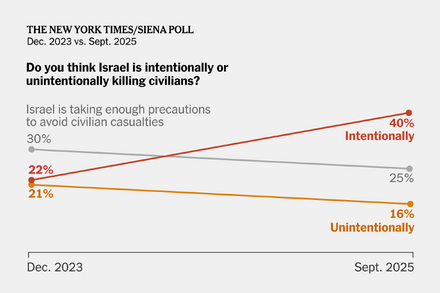
Beijing has implemented further stringent controls over its rare earth industry, a move poised to intensify global concerns regarding the supply of these critical materials essential for advanced technologies and defense applications.
The new measures, which reportedly include more rigorous export licensing procedures, enhanced environmental and production standards, and stricter oversight of the entire supply chain, signal an escalated effort by China to solidify its strategic hold on the rare earths market. China currently dominates the global production and processing of these 17 elements, which are vital components in electric vehicles, wind turbines, smartphones, advanced electronics, and military hardware.
While specific details of the latest “clampdown” are emerging, industry analysts suggest the actions aim to achieve multiple objectives: bolster national security, ensure long-term domestic supply for China’s rapidly growing high-tech industries, and address environmental concerns associated with rare earth mining and processing.
“These measures are a necessary step to ensure the sustainable development of our rare earth resources, protect our environment, and safeguard our national strategic interests,” a spokesperson for China’s Ministry of Commerce was quoted as saying in a state-affiliated media outlet.
The intensification of controls follows years of China gradually consolidating its rare earth sector and, at times, using its market dominance as a geopolitical tool. The most notable instance occurred in 2010 when China temporarily restricted rare earth exports following a maritime dispute with Japan, sending shockwaves through global supply chains.
Global Repercussions
The latest restrictions are expected to exert significant pressure on international manufacturers and governments already grappling with supply chain vulnerabilities. Nations including the United States, the European Union, and Japan have been actively pursuing strategies to diversify their rare earth sources and develop domestic processing capabilities, but progress has been slow due to the technical complexities and capital intensity involved.
“This latest move by China will undoubtedly accelerate the urgency for global diversification,” commented Dr. Emily Thorne, a senior fellow at the Institute for Critical Minerals Policy. “While countries have been aware of the risks for over a decade, the practical challenges of establishing a robust, independent rare earth supply chain outside of China are immense.”
Potential impacts include increased prices for rare earth elements, further incentivizing exploration and mining efforts in other countries, and a renewed focus on recycling critical materials. However, experts warn that building out new supply chains will take years, leaving many industries reliant on China in the short to medium term.
The geopolitical implications are also substantial. As global competition for critical minerals intensifies, China’s tightened grip on rare earths underscores its strategic leverage in an era of heightened technological rivalry and economic nationalism.
Source: Read the original article here.





